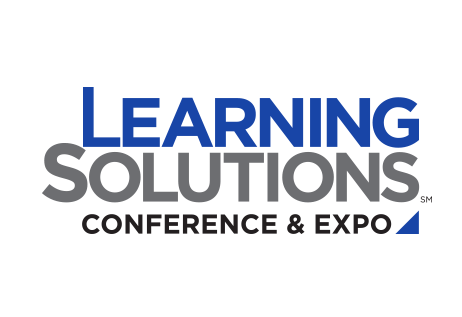LS302 Measurement Matters: The How and Why of eLearning Metrics
2:30 PM - 3:30 PM Wednesday, March 16
Data and Measurement
Palm 5
Too often, learning is evaluated based upon one of two measures: whether learners like it, and/or how much it costs to produce. Unfortunately, the former isn’t useful, and the latter isn’t critical. Yet, increasingly, actions will have to be documented, and measurement is key. There are meaningful metrics for learning, but they should be about whether they are helping the organization. Kirkpatrick, ROI, impact—to make sense of these, you need to know some core concepts.
In this session, you’ll learn the basic models of measurement, and point out some of the common flaws observed. You will learn what makes sense for measuring learning, and the steps that are required. You’ll better understand the major terms and measures, including both formal and informal, and provide guidance about how to get started and the usefulness of the xAPI. Some new initiatives will also be looked at that can give valuable input in a strategic sense.
In this session, you will learn:
- Why smile sheets aren’t useful
- What makes a meaningful measure
- How to get concrete about measuring informal learning
- Where xAPI comes into play
Audience:
Intermediate and advanced designers, project managers, managers, and
directors.
Technology
discussed in this session:
The xAPI.

Clark Quinn
Chief Learning Strategist
Upside Learning
Clark Quinn, PhD is the executive director of Quinnovation, co-director of the Learning Development Accelerator, and chief learning strategist for Upside Learning. With more than four decades of experience at the cutting edge of learning, Dr. Quinn is an internationally known speaker, consultant, and author of seven books. He combines a deep knowledge of cognitive science and broad experience with technology into strategic design solutions that achieve innovative yet practical outcomes for corporations, higher-education, not-for-profit, and government organizations.



























